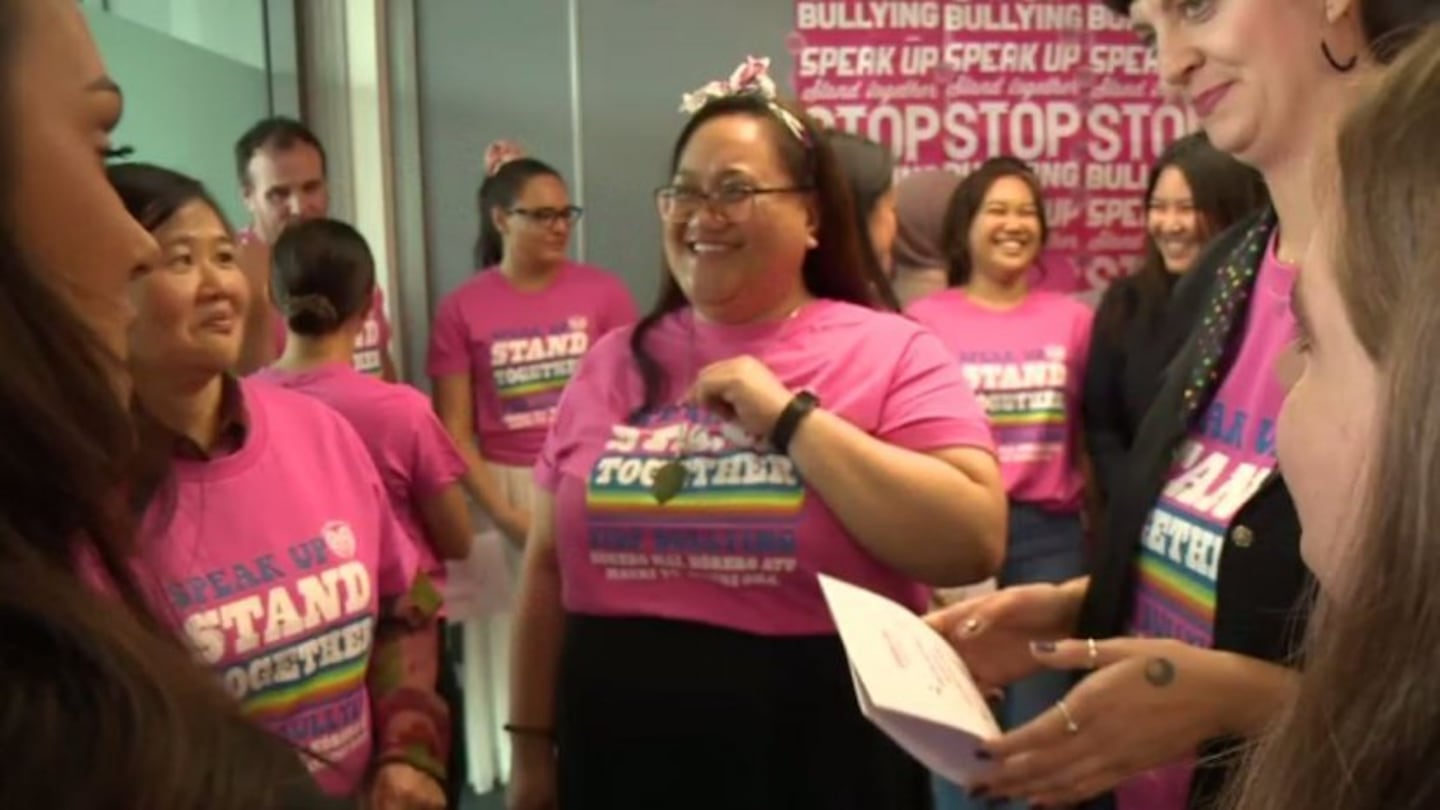Photo / File
Access to health care services will become easier for transgender people, while greater support will be provided for best practice health care for intersex children and young people, Associate Health Minister Dr Ayesha Verrall has announced Sunday.
“As we continue our work to reform the health system, we are ensuring the needs of those who (have) been excluded and traditionally underserved are met,” Dr Verrall said in a statement.
$2.2 million in additional funding will see up to eight primary health care providers around the country able to provide gender-affirming care to gender diverse people.
Gender affirming care aims to support a person’s healthcare goals which may include exploration of gender expression, support around social transition, hormone therapy as well as other treatment.
“For far too long gender diverse people have experienced poorer physical and mental health outcomes compared to the general population. Our commitment is to build a health system that treats people with fairness and dignity, that is why we’re making sure it becomes more responsive to people who have faced exclusion and prejudice."
Dr Verrall said guidelines, a lead referral pathway and workforce training resources are being developed to ensure that health care provided to gender diverse people is consistent across the country.
Intersex children and young people
Intersex children and young people will also receive better health care support. Dr Verrall said $2.5 million in funding will be provided for workforce training and development for health professionals caring for intersex youth. Investment is also to be put into peer support services and informative resources for intersex youth and their whānau.
She said more information is required to assist the health sector care for these young people.
"Many health professionals, especially those who are not specialists in the care of intersex children and young people have expressed a lack of complete knowledge in how to properly care for those who are intersex.
“That’s why clinical guidelines will be developed for the care of all intersex children and young people. These will be created with a range of experts including clinical professionals and people with lived experience."
As people with intersex variations may experience lifelong physical and mental health effects following a decision to undergo a procedure to modify sex characteristics, Dr Verrall said the funding will also assist young people and their whānau make informed decisions.
“As the World Health Organisation and other United Nations agencies have stated procedures to ‘normalise’ intersex bodies can have irreversible, life-long physical and mental health consequences. This funding will be a boost for intersex children, young people and their whānau to make informed decisions and improve their health and wellbeing.
“We are working to ensure Aotearoa is the best place in the world to be a child. Intersex children are an important part of this vision, they have the right to live in a way they choose, and to have their bodily autonomy respected within our health system."

